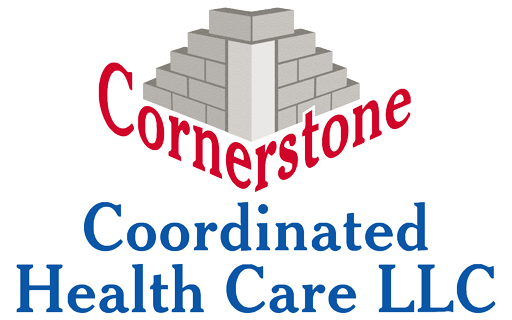Primary Care
Primary care includes health promotion, disease prevention, health maintenance, counseling, patient education, diagnosis and treatment of acute and chronic illnesses in a variety of health care settings (e.g., office, inpatient, critical care, long-term care, home care, day care, etc.). Primary care is performed and managed by a personal physician often collaborating with other health professionals, and utilizing consultation or referral as appropriate.Primary care provides patient advocacy in the health care system to accomplish cost-effective care by coordination of health care services. Primary care promotes effective communication with patients and encourages the role of the patient as a partner in health care.
Counseling
Counseling facilitates personal and interpersonal functioning across the life span. It focuses on emotional, social, vocational, educational, health-related, developmental, and organizational concerns. It encompasses a broad range of culturally-sensitive practices that help people improve their well-being, alleviate distress and maladjustment, resolve crises, and increase their ability to function better in their lives.
Opioid addiction
Opioid dependence—addiction to prescription painkillers and heroin—is a treatable medical condition caused by changes in the chemistry of the brain.* When you’re opioid dependent, the need to satisfy cravings or avoid withdrawal symptoms can be intense and difficult to manage on your own. Managing opioid dependence is not simply a matter of “getting clean” or stopping all drug use. Typically, the changes that cause opioid dependence will not be corrected right away. In fact, those changes can trigger cravings months or even years after you’ve stopped misusing opioids. That’s why ongoing treatment that includes counseling and behavioral therapy is so important.
Psychiatry
Psychiatry is the branch of medicine focused on the diagnosis, treatment and prevention of mental, emotional and behavioral disorders. It specializes in mental health, including substance use disorders. Psychiatrists are qualified to assess both the mental and physical aspects of psychological problems.
People seek psychiatric help for many reasons. The problems can be sudden, such as a panic attack, frightening hallucinations, thoughts of suicide, or hearing “voices.” Or they may be more long-term, such as feelings of sadness, hopelessness, or anxiousness that never seem to lift or problems functioning, causing everyday life to feel distorted or out of control.
Reflexology
Reflexology is a therapeutic method of relieving pain by stimulating predefined pressure points on the feet and hands. This controlled pressure alleviates the source of the discomfort. In the absence of any particular malady or abnormality, reflexology may be as effective for promoting good health and for preventing illness as it may be for relieving symptoms of stress, injury, and illness.
Reflexologists work from maps of predefined pressure points that are located on the hands and feet. These pressure points are reputed to connect directly through the nervous system and affect the bodily organs and glands. The reflexologist manipulates the pressure points according to specific techniques of reflexology therapy. By means of this touching therapy, any part of the body that is the source of pain, illness, or potential debility can be strengthened through the application of pressure at the respective foot or hand location.
Osteopathic Manipulation
Osteopathic manipulative treatment, or OMT, is hands-on care. It involves using the hands to diagnose, treat, and prevent illness or injury. Using OMT, your osteopathic physician will move your muscles and joints using techniques including stretching, gentle pressure and resistance.
OMT can help people of all ages and backgrounds. The treatment can be used to ease pain, promote healing and increase overall mobility. OMT is often used to treat muscle pain. When appropriate, OMT can complement, and even replace, drugs or surgery. In this way, OMT brings an important dimension to standard medical care.
